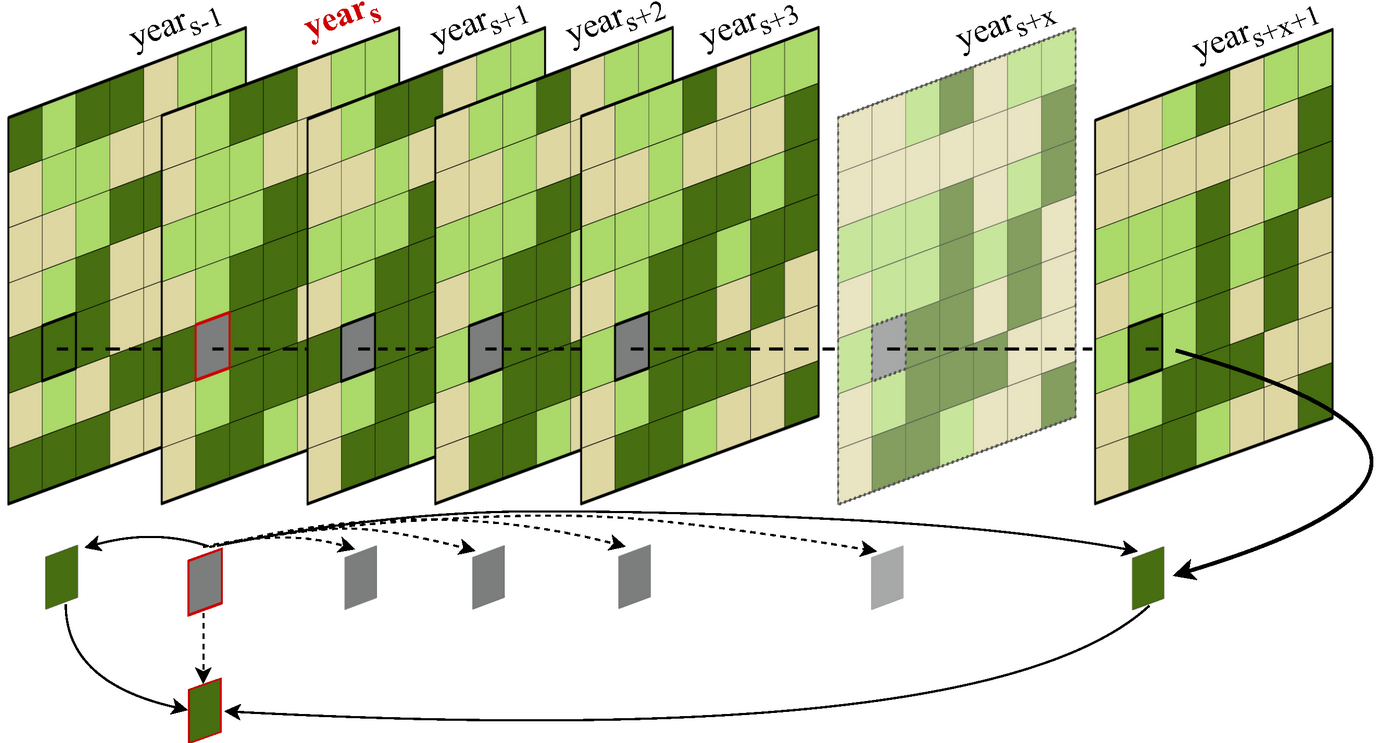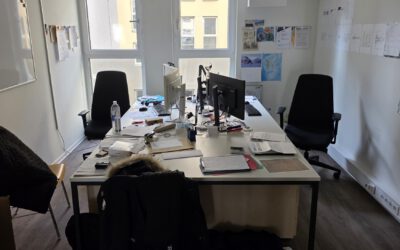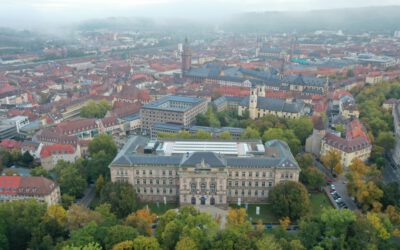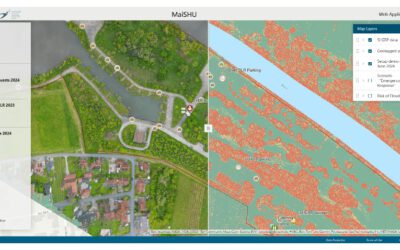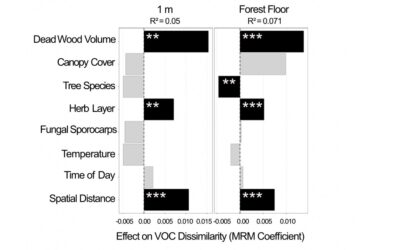A new publication combining spectral mixture analysis and landscape metrics just got published. The title is “A Spectral Mixture Analysis and Landscape Metrics Based Framework for Monitoring Spatiotemporal Forest Cover Changes”, from the abstract: “An increasing amount of Brazilian rainforest is being lost or degraded for various reasons, both anthropogenic and natural, leading to a loss of biodiversity and further global consequences. Especially in the Brazilian state of Mato Grosso, soy production and large-scale cattle farms led to extensive losses of rainforest in recent years. We used a spectral mixture approach followed by a decision tree classification based on more than 30 years of Landsat data to quantify these losses. Research has shown that current methods for assessing forest degradation are lacking accuracy. Therefore, we generated classifications to determine land cover changes for each year, focusing on both cleared and degraded forest land. The analyses showed a decrease in forest area in Mato Grosso by 28.8% between 1986 and 2020. In order to measure changed forest structures for the selected period, fragmentation analyses based on diverse landscape metrics were carried out for the municipality of Colniza in Mato Grosso. It was found that forest areas experienced also a high degree of fragmentation over the study period, with an increase of 83.3% of the number of patches and a decrease of the mean patch area of 86.1% for the selected time period, resulting in altered habitats for flora and fauna”
read the full article here:

